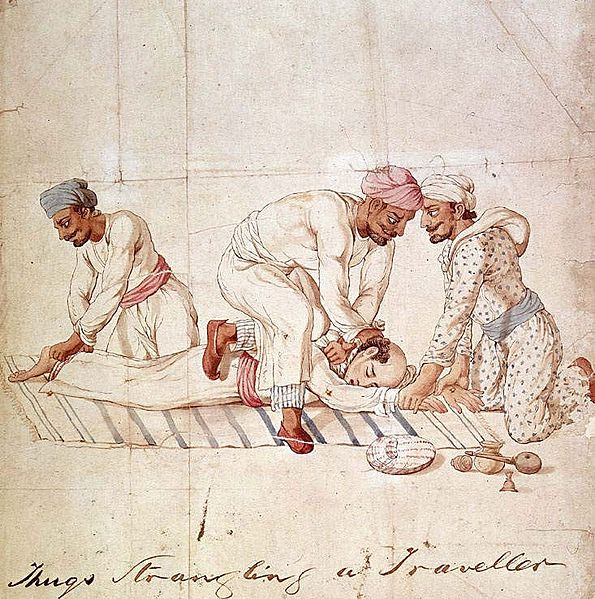Capital punishment in the United States
In the United States, capital punishment is a legal penalty throughout the country at the federal level, in 27 states, and in American Samoa. It is also a legal penalty for some military offenses. Capital punishment has been abolished in 23 states and in the federal capital, Washington, D.C. It is usually applied for only the most serious crimes, such as aggravated murder. Although it is a legal penalty in 27 states, 20 states currently have the ability to execute death sentences, with the other seven, as well as the federal government, being subject to different types of moratoriums.
U.S. Supreme Court, Washington, D.C.
The lethal injection room in Florida State Prison
"The full-page advertisement was taken out by Trump in the May 1, 1989, issue of the Daily News." Donald Trump spent $85,000 in submitting the ad across four New York City newspapers.
The over 200 witnesses to the execution of Timothy McVeigh were mostly survivors and victims' relatives of the Oklahoma City bombing.
Murder is the unlawful killing of another human without justification or valid excuse committed with the necessary intention as defined by the law in a specific jurisdiction. This state of mind may, depending upon the jurisdiction, distinguish murder from other forms of unlawful homicide, such as manslaughter. Manslaughter is killing committed in the absence of malice, such as in the case of voluntary manslaughter brought about by reasonable provocation, or diminished capacity. Involuntary manslaughter, where it is recognized, is a killing that lacks all but the most attenuated guilty intent, recklessness.
Jereboam O. Beauchamp killing Solomon P. Sharp, an example of a murder.
Aaron Alexis holding a shotgun during his rampage
A group of Thugs strangling a traveller on a highway in the early 19th century
The Lake Bodom murders in Espoo, Finland is the most famous unsolved homicide case in Finnish criminal history. The tent is investigated immediately after the murders in 1960.








